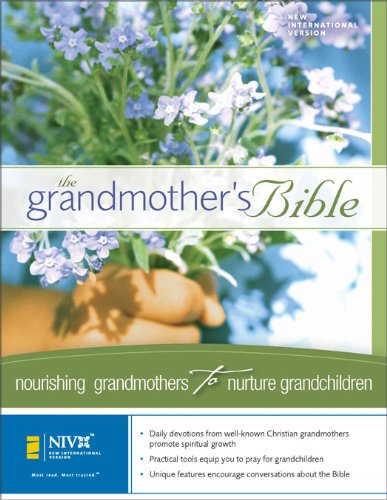
PROVERBS 15:13
A happy heart makes the face cheerful, but heartache crushes the spirit.
I know we all feel as if our spirit has been crushed. The more we feed into to the heartache it turns into bitterness. We must ask God to heal our heartache and give us a cheerful spirit. Look at the difference in this young man in the many stages of heartache. You can see a variety of reactions in his face. We may not be aware but people can see the change in us when we don't turn our problems over to God. So I will ask God to remove the heartache before it has time to feed on my spirit.
Keil and Delitzsch Biblical Commentary on the Old Testament A joyful heart maketh the countenance cheerful;
But in sorrow of the heart the spirit is broken.
The expression of the countenance, as well as the spiritual habitus of a man, is conditioned by the state of the heart. A joyful heart maketh the countenance טוב, which means friendly, but here happy-looking equals cheerful (for טוב ro is the most general designation of that which makes an impression which is pleasant to the senses or to the mind); on the contrary, with sorrow of heart (עצּבת, constr. of עצּבת, Proverbs 10:10, as חטאת equals חטּאת, from חטּאה) there is connected a stricken, broken, downcast heart; the spiritual functions of the man are paralyzed; self-confidence, without which energetic action is impossible, is shattered; he appears discouraged, whereby רוּח is thought of as the power of self-consciousness and of self-determination, but לב, as our "Gemt" [animus], as the oneness of thinking and willing, and thus as the seat of determination, which decides the intellectual-corporeal life-expression of the man, or without being able to be wholly restrained, communicates itself to them. The ב of וּבעצּבת is, asProverbs 15:16., Proverbs 16:8; Proverbs 17:1, meant in the force of being together or along with, so that רוּח נכאה do not need to be taken separate from each other as subject and predicate: the sense of the noun-clause is in the ב, as e.g., also Proverbs 7:23 (it is about his life, i.e., it concerns his life). Elsewhere the crushed spirit, like the broken heart, is equivalent to the heart despairing in itself and prepared for grace. The heart with a more clouded mien may be well, for sorrow has in it a healing power (Ecclesiastes 7:3). But here the matter is the general psychological truth, that the corporeal and spiritual life of man has its regulator in the heart, and that the condition of the heart leaves its stamp on the appearance and on the activity of the man. The translation of the רוח נכאה by "oppressed breath" (Umbreit, Hitzig) is impossible; the breath cannot be spoken of as broken.


No comments:
Post a Comment